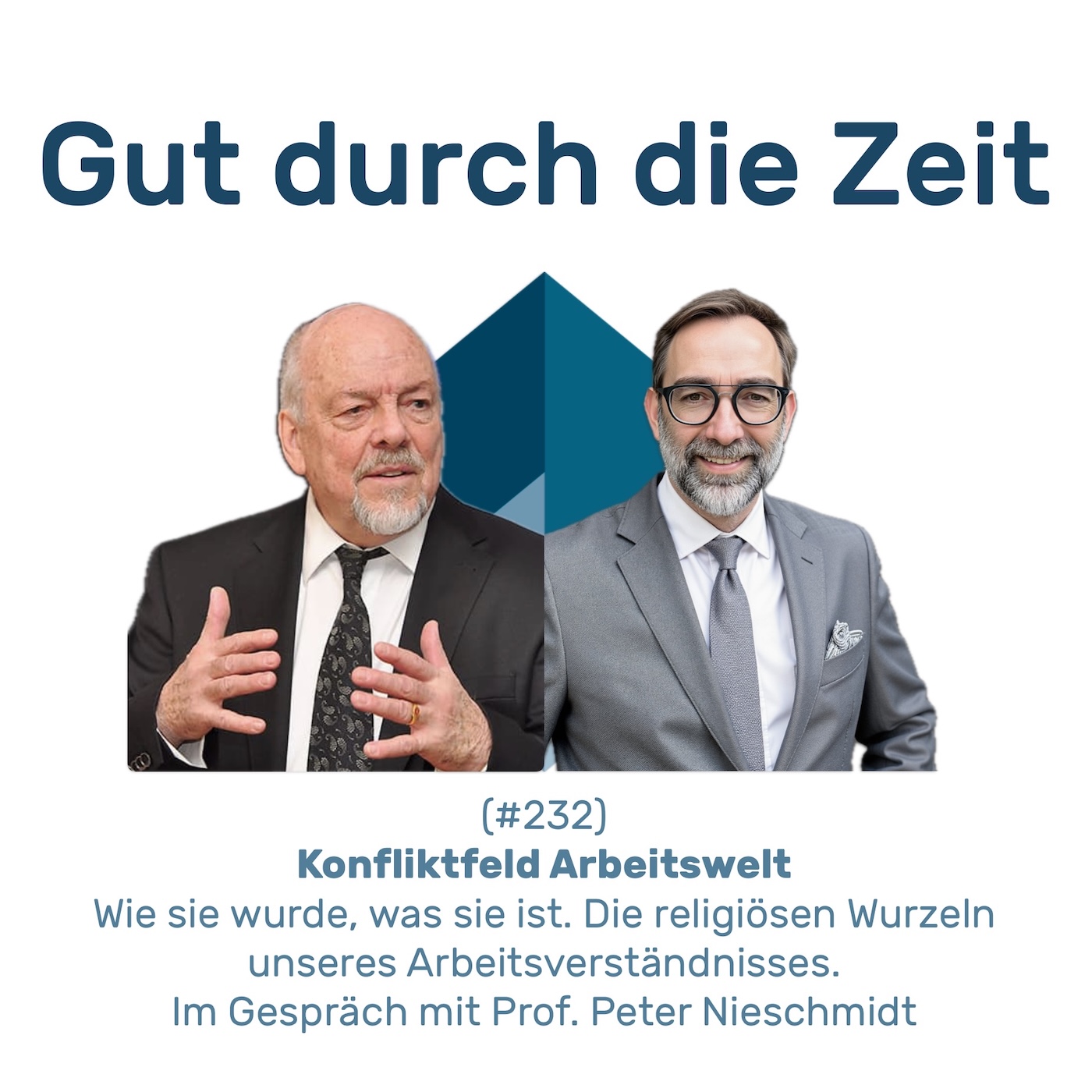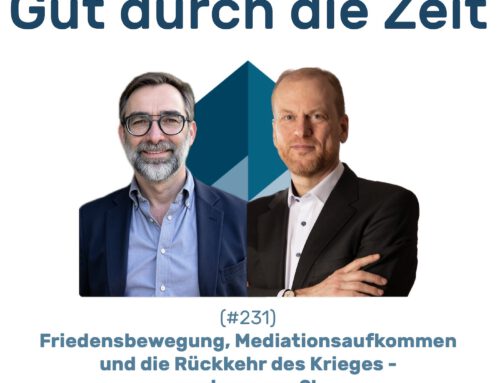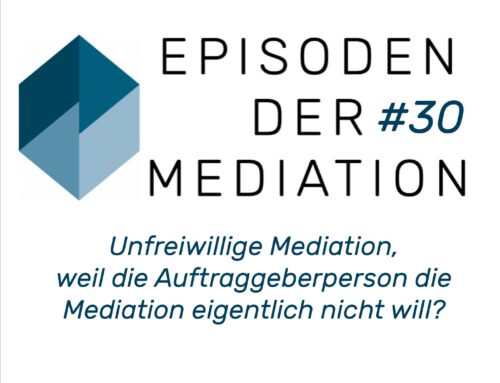INKOVEMA Podcast „Well through time“
#232 GddZ
Conflict in the world of work
How it became what it is. The religious roots of our modern understanding of work.
In conversation with Prof Peter Nieschmidt.
Prof Dr Peter Nieschmidt has been Professor of Political Science since 1976 and was Professor of Political Science at Munich University of Applied Sciences. He was co-founder and later head of the planning group of the Bundeswehr University in Munich and Scientific Director at the Social Science Institute of the Bundeswehr. For more than 30 years, he made a name for himself with his extraordinary lectures and management seminars in numerous companies and has been giving lectures and management seminars in companies, institutions and universities since 1976. The professor emeritus still regularly gives guest lectures at universities such as the University of St. Gallen, RWTH Aachen and Chemnitz University of Technology and is a sought-after leadership expert and keynote speaker who specialises in topics such as leadership, work and leadership issues and the social transformation of work.
Small series: Fields of mediation
Contents
Chapter:
Summary of content
In this episode, we look at a key area of conflict that affects everyone: the world of work. Our interviewee is Prof. Dr Peter Nieschmidt, an accomplished expert in the field of work organisation and history. Together, we analyse how complex and challenging the world of work is and how it has evolved over time.
We start with the question of where the roots of our current work culture lie. Nieschmidt takes us through the historical dimensions and emphasises the crucial role of social interaction and trust, which were once essential for working relationships. The upheavals in the world of work in recent decades have also changed the potential for conflict. Whereas we used to work in highly hierarchical structures in which the endeavour often took place in isolation, today there is a growing expectation of personal responsibility and the integration of all employees in decision-making processes.
Nieschmidt reflects on his own experiences as a young graduate in the traditional Siemens world of the 1960s. The hierarchical structures he encountered back then are hard to imagine today. He describes how jobs were pre-structured and how there was little room for individual development. He points out that the adherence to outdated structures in many organisations has led to an internecine struggle between tradition and innovation.
The conversation will focus on the different traditions of understanding work. We examine the influence of religious roots on modern work culture and the shift from a Catholic-influenced approach based on trust-based interaction to a more profit-oriented, Protestant understanding of work. Here, Nieschmidt recognises the challenges that arise for managers, especially in times of rapid change and an uncertain working environment.
Nieschmidt's approach to the question of the authenticity of leadership is particularly interesting. He argues that genuine leadership strength is not only based on formal authority, but also on the ability to shape social realities. This requires a deep understanding of the individual backgrounds of employees and their social contexts. The dialogue about the perception of work and leadership is repeatedly linked to the question of how we can build trust and create the space for personal development.
Finally, the central idea that "good leadership" can be learnt is critically examined. Nieschmidt emphasises that leadership is shaped not only by theoretical knowledge, but also by practical experience and continuous learning. A successful leadership style requires empathy, dedication and the willingness to deeply understand and promote social dynamics.
This podcast is an invitation to scrutinise our own perception of work and management structures and to redefine our own role in these contexts. It is a necessary step towards recognising and resolving conflicts that we encounter in everyday life and that can affect our organisations to the core.
Complete transcription




Leave A Comment